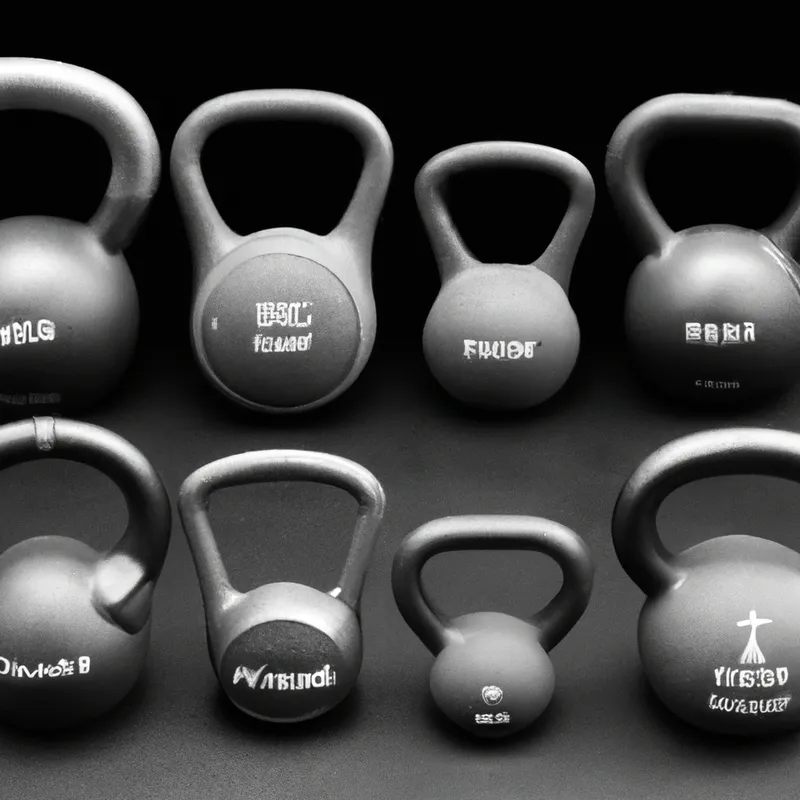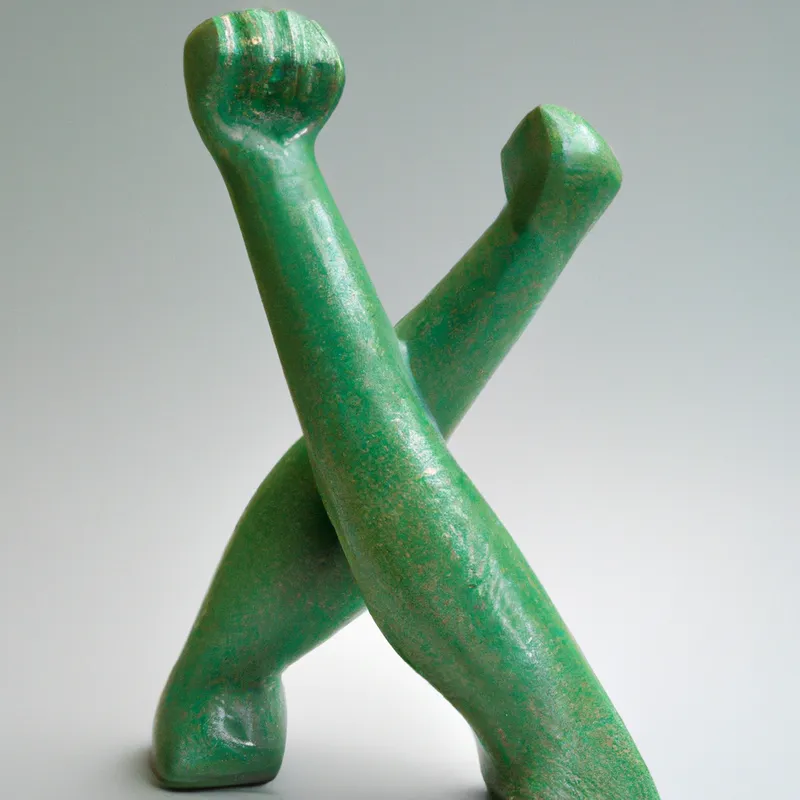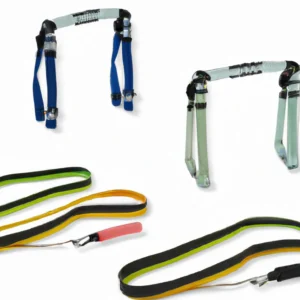Conquer Mental Barriers in Endurance Sports
The Psychology of Endurance Sports: Coping with Physical and Mental Fatigue
Endurance sports test athletes’ limits. Events like marathons, cross-country cycling, and triathlons present immense challenges. Success requires not only physical training but also mental fortitude. Understanding the psychology of endurance sports helps athletes manage fatigue and boost performance. This knowledge builds resilience, enabling athletes to perform under pressure.
Understanding Physical and Mental Fatigue
Physical fatigue arises from prolonged exertion. It manifests as heavy limbs, muscle soreness, or a strong desire to stop. Mental fatigue impacts concentration, motivation, and emotional health. Athletes may face negative thoughts, self-doubt, or overwhelm, which can hinder performance. Often, physical and mental fatigue occur together, complicating the endurance experience.
The Role of Mindset
An athlete’s mindset greatly affects their fatigue management. A positive, growth-oriented mindset helps individuals overcome tough moments. In contrast, a negative mindset amplifies exhaustion and defeat. Sports psychology research shows that athletes with a growth mindset demonstrate resilience. They view challenges as learning opportunities, not insurmountable barriers. This mindset encourages perseverance, allowing athletes to push through difficulties.
Strategies to Cope with Fatigue
Athletes can use various strategies to manage fatigue effectively. These strategies include mental techniques, physical adjustments, and lifestyle changes. Here are practical tips to consider:
1. **Set Clear and Achievable Goals**: Break your event into smaller milestones. Focus on reaching the next checkpoint instead of the entire race. Celebrate each achievement to foster motivation.
2. **Practice Visualization Techniques**: Use visualization to enhance performance. Picture yourself successfully completing your event, step by step. This technique builds confidence and reduces anxiety.
3. **Utilize Positive Self-Talk**: Replace negative thoughts with positive affirmations. Remind yourself of your training and past successes during fatigue. Phrases like “I am strong” can shift your mindset.
4. **Develop a Strong Support System**: Surround yourself with supportive friends and family. Their encouragement provides a mental boost when you feel drained. Sharing experiences fosters community and motivation.
5. **Implement Mindfulness Practices**: Use mindfulness techniques like focused breathing or meditation. These practices help you stay present and reduce anxiety.
Conclusion
Understanding the psychology behind endurance sports equips athletes to cope with fatigue effectively. By applying these strategies, athletes can enhance their performance and resilience.
Below are related products based on this post:
FAQ
What causes physical and mental fatigue in endurance sports?
Physical fatigue arises from prolonged exertion, leading to symptoms like heavy limbs and muscle soreness. Mental fatigue, on the other hand, affects concentration and motivation, often accompanied by negative thoughts and self-doubt. Both types of fatigue can occur simultaneously, complicating the endurance experience for athletes.
How can an athlete’s mindset influence their performance during endurance events?
An athlete’s mindset plays a crucial role in managing fatigue. A positive, growth-oriented mindset enables individuals to view challenges as learning opportunities, fostering resilience. Conversely, a negative mindset can amplify feelings of exhaustion and defeat, hindering performance. Athletes with a growth mindset are better equipped to persevere through tough moments.
What are some effective strategies for coping with fatigue in endurance sports?
Effective strategies for managing fatigue include setting clear and achievable goals, practicing visualization techniques, utilizing positive self-talk, developing a strong support system, and implementing mindfulness practices. These approaches help athletes maintain motivation, build confidence, and stay present during challenging moments.















Post Comment